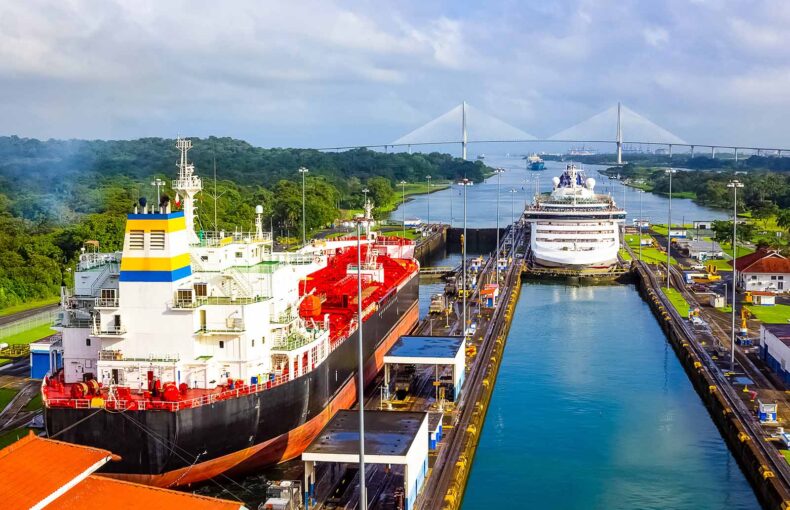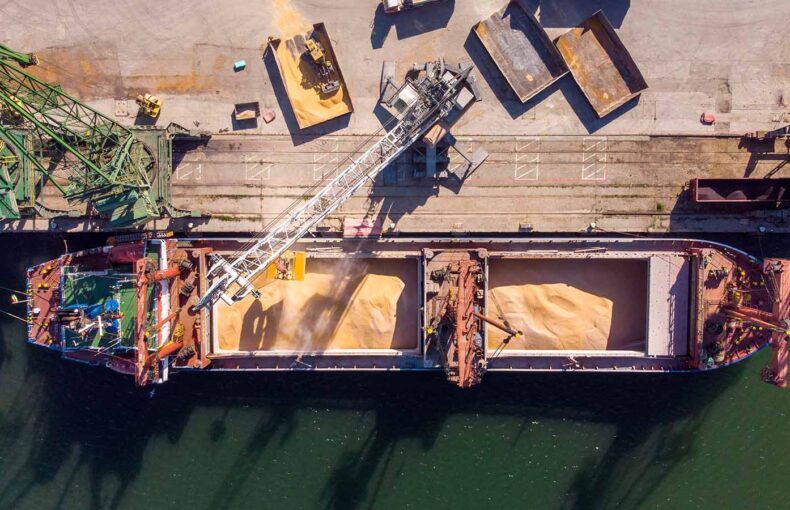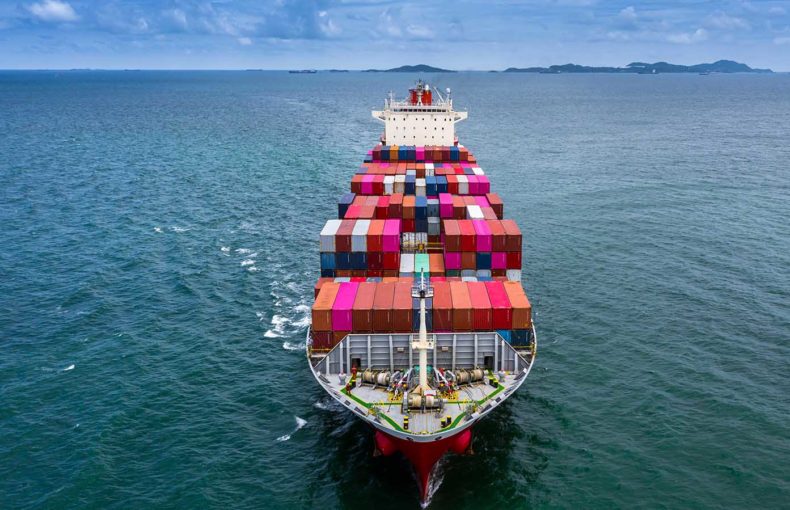Routing
Routing is the ultimate solution for all your maritime routing needs
The advanced Routing solution delivers accurate, fast, personalized, and optimized maritime routes and ETAs, based on customizable and flexible inputs including port or point of origin, destination, and vessel parameters.
Why choose Spire’s Routing?
Spire Maritime’s Routing offers a sophisticated solution for delivering accurate, fast, and personalized sea routes tailored to diverse maritime needs. This advanced API provides flexible routing options, including point-to-point, port-to-point, and port-to-port routing, while taking critical factors such as traffic zones, high-risk areas, SECA/ECA zones, and vessel-specific parameters into account.
It also includes enhanced ETA calculations to ensure precise and reliable travel times. By integrating these features, Routing empowers maritime professionals to make well-informed decisions, optimize operational efficiency, and improve overall voyage planning. Its robust capabilities and customizable approach set it apart from other routing solutions in the market.
- Routes based on Historical AIS data.
- Flexible routing options including point-to-point, port-to-point, and port-to-port.
- Detailed information on transit times, ETAs, and distances.
- Ability to avoid specific areas such as piracy zones and canals.
- Integration of vessel specific parameters to ensure safe and accurate routes.
- Usage-based pricing model for cost efficiency and scalability.
What is Routing useful for?
Route planning and optimization
Maritime companies, and solution providers can use Routing to generate accurate and efficient sea routes, factoring in various navigational and vessel considerations to optimize route planning, voyage calculations, and vessel scheduling.
Routing helps maritime companies ensure safer voyages by identifying and avoiding high-risk areas, such as piracy zones.
Shipping operations
Routing allows maritime companies to track and analyze fleet performance, identify areas for improvement, and enhance overall operational efficiency.
By providing the shortest and most efficient routes, Routing helps maritime companies reduce fuel consumption and lower emissions, contributing to environmental sustainability.
Routing enables ship owners and operators to predict and achieve CII targets, supporting compliance with IMO emission regulations and ensure voyage goals align with annual sustainability objectives.
Integrating with existing maritime software
Maritime solution providers can integrate the Routing API into their existing software solutions, adding value and functionality for their customers, such as visualizing routes of vessels arriving at ports and providing more accurate arrival estimates.
Regulatory compliance
Routing helps maritime companies, and maritime solution providers comply with regulations by factoring in SECA/ECA zones, high-risk areas, and other navigational constraints.
Supply chain optimization
Solution providers and freight forwarders can use the API to incorporate routing into their applications, allowing them to plan and visualize the transport of specific shipments, which often require multiport and multivessel routes.
Lean more about how our solutions can enhance routing

The causes and impacts of the Panama Canal drought
Using Spire Maritime, Weather and Climate data, the root causes of the Panama Canal drought have been put to light.

Tracking Ukraine’s efforts to export grain
Russia continues to reject international requests to restore the Black Sea Grain Initiative, impacting the livelihoods of Ukraine’s farmers.

Maritime AIS: Why data quality matters
For virtually any commercial business or organization (governmental or non-governmental) in the modern world, the collection of quality data is of elemental importance.